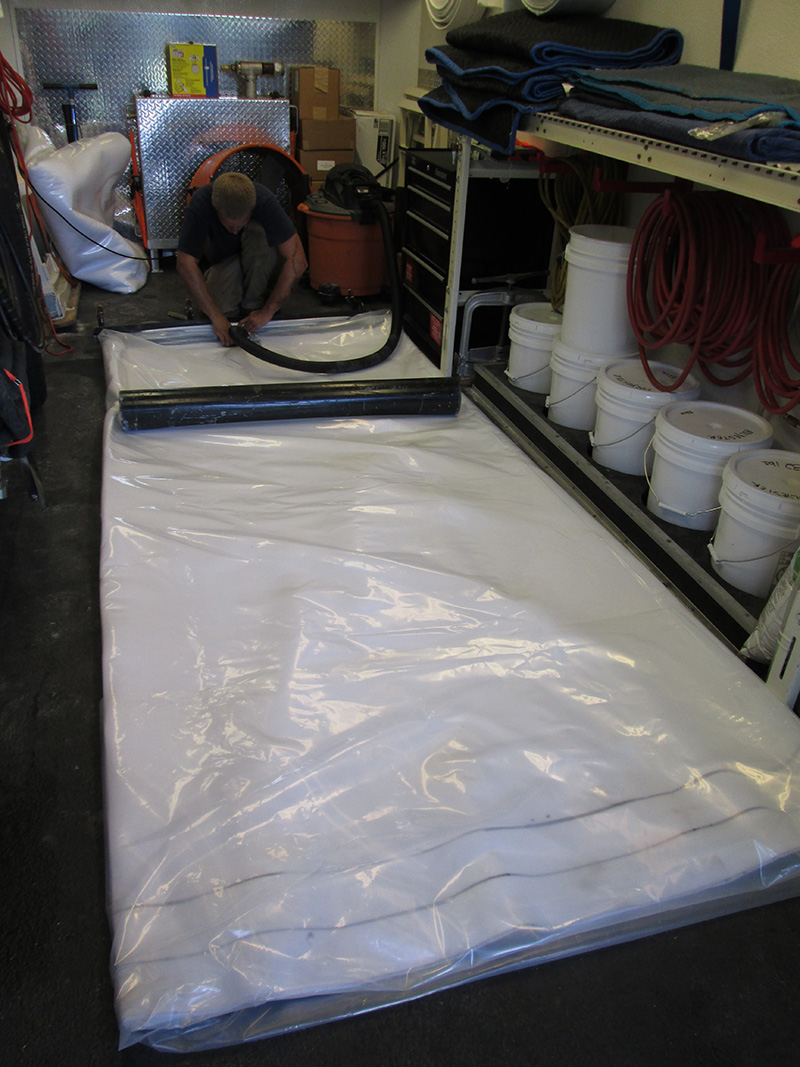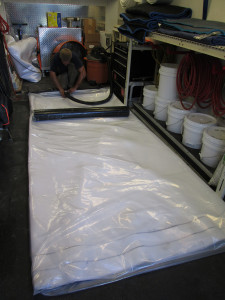Montreal’s Public Education and Outreach for Sewer Awareness:
In Quebec, cities are focusing more on source control and overflow problems. For example, Quebec City is creating a manual for developers on better source control management, as well as engaging in projects oriented towards erosion, total suspended solids from outfalls and sedimentation issues regarding unstable riverbanks. The city is also trying to improve overflow of the municipal storm water infrastructure. The City of Montreal is similarly investing $CAD 1.5 billion in sewer system maintenance and the construction of retention tanks. Likewise, the City of Repentigny is planning to regulate the flow and retention of the city’s hydraulic stormceptors. Municipalities need the public’s support to achieve their storm water objectives, given that most storm water flows from private property. Public education and outreach is closely tied to the success of good storm water management, especially for initiating new projects and for creating public awareness of the link between storm water and water quality. Though there are no federal or provincial requirements for public education and outreach related to storm water in Canada, cities in both Ontario and Quebec are participating in programs to address this necessary aspect of effective storm water management through provincial level storm water guidelines.
Montreal has done a great deal with respect to public outreach and involvement and has succeeded in several related projects. Specifically, Montreal implements an adopt-a-waterway program; provides training for greening parking lots and creating bio-retention facilities; and has incorporated a green alley program. Quebec City specified a ‘yellow fish’ storm drain stenciling program for public involvement, an easy and effective way to educate the public about storm water. Currently, there is an ongoing agenda in support of raising public awareness regarding the connection between storm water and Great Lakes and St. Lawrence water quality.


